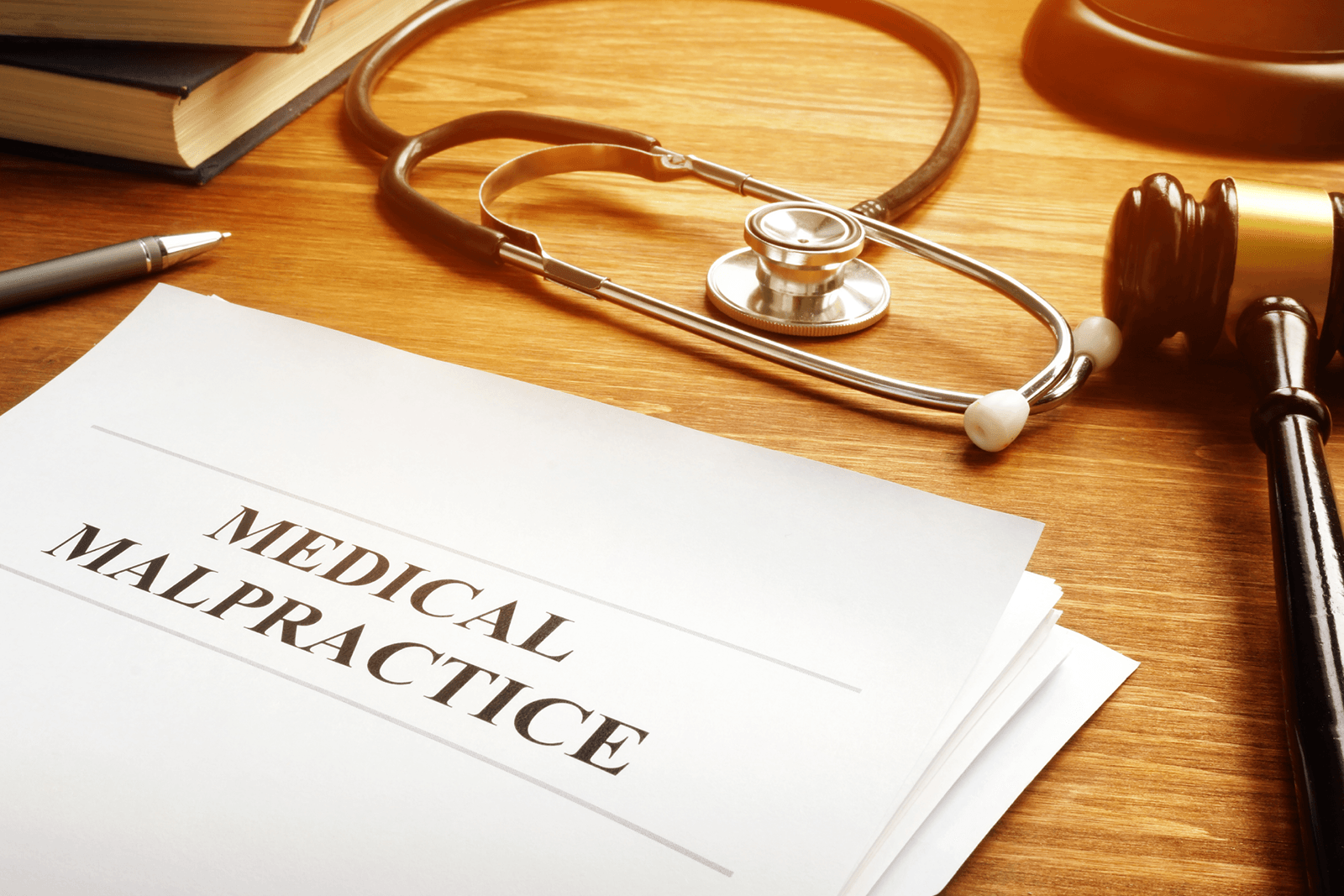Personal Injury Lawsuit Basics
A personal injury claim is something that exists to compensate those who have been injured in some way by another person, intentionally or by accident. Unfortunately, you will most likely encounter an unforeseen injury or accident at some point throughout your life that could result in costly medical bills and time away from work. If you find yourself injured in a car accident, slipping on a wet floor at the grocery store, or injured in any other way as a result of someone else’s negligence, filing a personal injury lawsuit may be the next step. However, there are many important aspects to filing and winning a personal injury lawsuit in Illinois that are important to understand. For example, when to file, when to hire an attorney, what to expect throughout the process, etc.
NEGLIGENCE
In most cases, a personal injury lawsuit is based on a negligence claim. This means that it will be your job to prove that the other party involved failed to exercise reasonable care. According to the American Bar Association, if you were in a car accident, “You have a negligence claim in a “fault” state if you are injured by a driver who failed to exercise reasonable care, because drivers have a duty to exercise reasonable care anytime they are on the road. When they breach that duty and your injury results, personal injury law says you can recoup your losses.” In Illinois, fault is decided under the comparative negligence doctrine. This means that fault and damages are divided based on each party’s relative fault. You can recover damages as long as you are not deemed responsible for majority (50%) of the damages.
TYPES OF CLAIMS
There are many different types of personal injury claims you can file depending on the type of accident/incident involved. You’ll want to be sure to find an attorney that specializes in the particular field of personal injury law that you require assistance in. Here is a list of common personal injury case types:
- Car Accident
- Medical Malpractice
- Wrongful Death
- Slip and Fall
- Worker’s Compensation
TYPES OF DAMAGES
Damages are traditionally divided into economic damages and noneconomic damages.
Economic damages are the financial losses for which the dollar amount can easily be determined. In other words, they compensate for the specific amount of money the plaintiff lost because of the accident that the defendant caused or failed to prevent. The following are examples that might be included among economic damages for an injury resulting from a car accident:
- Medical bills (past and future)- This includes hospital stays, surgery, doctor visits, prescription drugs, medical devices, physical therapy, etc.
- Lost income (past and future)- the plaintiff’s income per pay period, multiplied by the number of pay periods he or she missed work because of the accident.
- Property damage- in this case, the cost of repairing or replacing the plaintiff’s vehicle.
These are the most straightforward kinds of economic damages. Courts can also award damages for future medical expenses and future lost income. These amounts require some speculation, but they can still be calculated as specific amounts based on a mathematical formula. Non-economic damages, such as physical pain, emotional distress, or in the case of wrongful death lawsuits, loss of companionship, do not have a dollar amount by themselves. Nonetheless, they can affect the amount awarded in the settlement. In most cases, it is the responsible person’s insurance company that will pay for the damages discussed above.
FILING A COMPLAINT
The first document usually filed in a lawsuit is called a “complaint.” This document is used to provide the defendant with notice of the factual and legal bases of the plaintiff’s claims. In general, the complaint includes:
- An outline of the case
- Identification of the people/parties involved
- The plaintiff’s legal claims
- The legal basis for the court’s jurisdiction over the controversy
- A prayer for relief
Most people think that hiring a personal injury attorney and filing a claim automatically means that they are going to have a long drawn out case full court appearances and paperwork. While this can be true, most cases don’t even make it to the courtroom. Many times, you and your attorney can work with the other party and their attorney to reach a settlement before a formal lawsuit is required.
According to FindLaw, “A settlement commonly takes the form of negotiation, followed by a written agreement in which both sides forgo any further action (such as a lawsuit), choosing instead to resolve the matter through payment of an agreeable amount of money.” Additionally, arbitration is an increasingly popular form of alternative dispute resolution (ADR) techniques. Arbitration is usually a more efficient process than litigation because it is quicker, cheaper, and provides greater flexibility of process and procedure. In this technique, the disputing parties present their case to a neutral third party, who makes a decision.
WHITESIDE & GOLDBERG, LTD.
As you can see, there is a lot that goes into filing a personal injury claim. There can be a lot of important paperwork, details, and expertise required to create a successful case. Personal injury is a complicated field of law so if you ever find yourself wondering if you should file a claim, the best course of action is to consult a lawyer.
If you are in the Chicago area, Whiteside & Goldberg Law Group offers free consultations for anyone who would like to discuss their case. No matter the severity, it is always important to contact an experienced lawyer to help you recover any losses or damages. The attorneys at Whiteside & Goldberg Law Group never charge a fee until they win a settlement for you. You can contact them today at by calling 312-334-6875 for the Whiteside & Goldberg Law Group Michigan Avenue location and 815-730-7535 for their Shorewood office.
The content of this blog is intended for informational purposes only and does not constitute or establish an attorney-client relationship, nor constitute legal advice. If you wish to discuss any further aspect of the material contained herein, please contact an attorney at Whiteside & Goldberg, Ltd.





